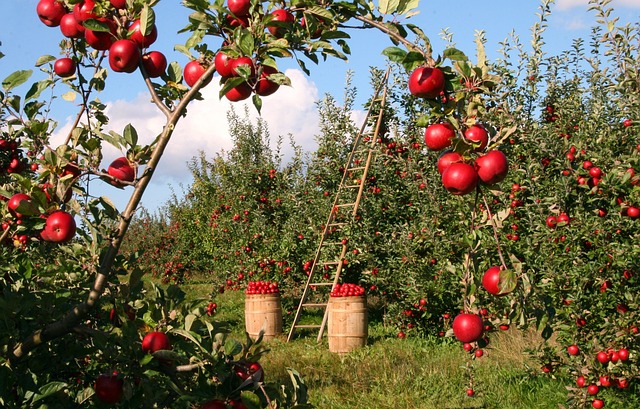How Probiotics Can Relieve Inflammation and Boost Immunity
Probiotics are beneficial bacteria that live in our gut. They play an essential role in our digestive health, but their benefits go far beyond that. Recent research has shown that probiotics can help relieve inflammation and boost immunity, making them a valuable addition to our daily diet.
What Are Probiotics?
Probiotics are live bacteria and yeasts that are good for our health, especially our digestive system. They are found naturally in our gut, but we can also consume them through food and supplements. Probiotics work by restoring the natural balance of bacteria in our gut, which is essential for our overall health.
Probiotics and Inflammation
Inflammation is a natural response of the immune system to infection or injury. However, chronic inflammation can lead to several health problems, including autoimmune diseases, cancer, and heart disease. Probiotics can help alleviate inflammation by reducing the production of pro-inflammatory molecules in the gut. They can also help to restore the balance of good bacteria in the gut, which can reduce inflammation throughout the body.
Probiotics and Immunity
The gut is home to a complex ecosystem of bacteria, viruses, and fungi, collectively known as the gut microbiota. This microbiota plays a crucial role in our immune system. Probiotics can enhance our immune system by stimulating the production of antibodies, which can help to fight off infection and disease. Probiotics can also improve the function of immune cells, such as natural killer cells and T cells, which are essential for a strong immune response.
Sources of Probiotics
Probiotics can be found in several foods and supplements. Some of the best sources of probiotics include:
- Yogurt: Yogurt is one of the most popular sources of probiotics. Look for yogurt with live, active cultures.
- Kefir: Kefir is a fermented milk drink that is packed with probiotics.
- Kombucha: Kombucha is a fermented tea that is becoming increasingly popular. It is a good source of probiotics and is also rich in antioxidants.
- Sauerkraut: Sauerkraut is fermented cabbage that is rich in probiotics. Look for unpasteurized sauerkraut, as pasteurization can kill the live bacteria.
- Miso: Miso is a fermented soybean paste that is commonly used in Japanese cuisine. It is a good source of probiotics and is also rich in protein.
- Supplements: Probiotic supplements are also available in stores. Look for supplements with at least 5-10 billion CFUs (colony forming units) of bacteria.
Prebiotics and Probiotics
Prebiotics are non-digestible fibers that feed the probiotics in our gut. They are found in several foods, including fruits, vegetables, and whole grains. Consuming prebiotics along with probiotics can enhance their effectiveness and provide greater health benefits. Foods rich in prebiotics include:
- Garlic: Garlic is a good source of prebiotics and also has many other health benefits.
- Onions: Onions are rich in prebiotics and also contain antioxidants.
- Bananas: Bananas are a good source of prebiotics and also contain several important nutrients.
- Whole grains: Whole grains such as oats and barley are rich in prebiotics and also provide fiber and other important nutrients.
Conclusion
Probiotics are beneficial bacteria that can play a vital role in our digestive health, immunity, and overall wellbeing. Incorporating probiotic-rich foods into our daily diet, along with prebiotics, can help to restore the natural balance of bacteria in our gut and provide many health benefits. However, it is essential to choose high-quality probiotics and consult a healthcare professional before starting any new supplement regimen.







